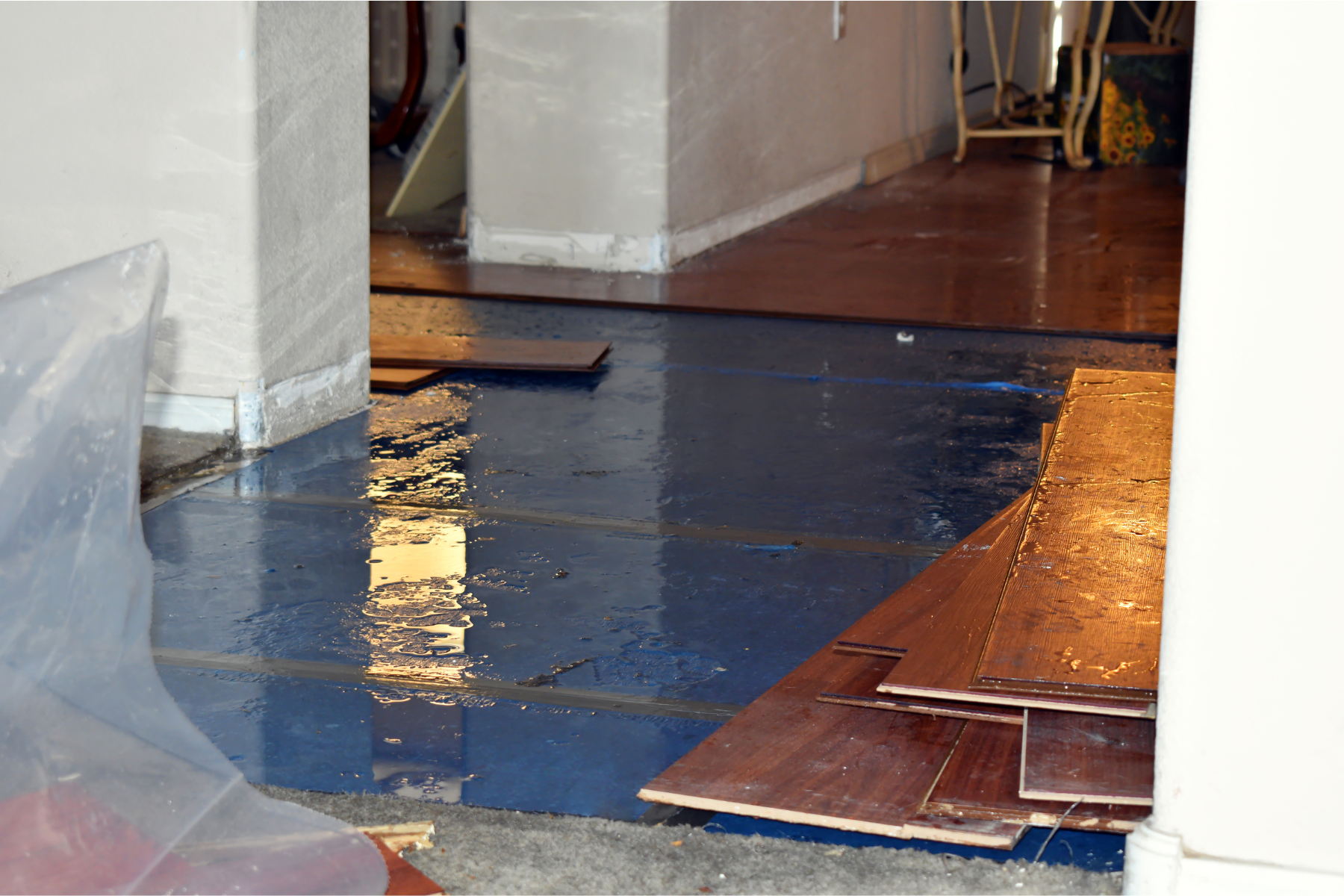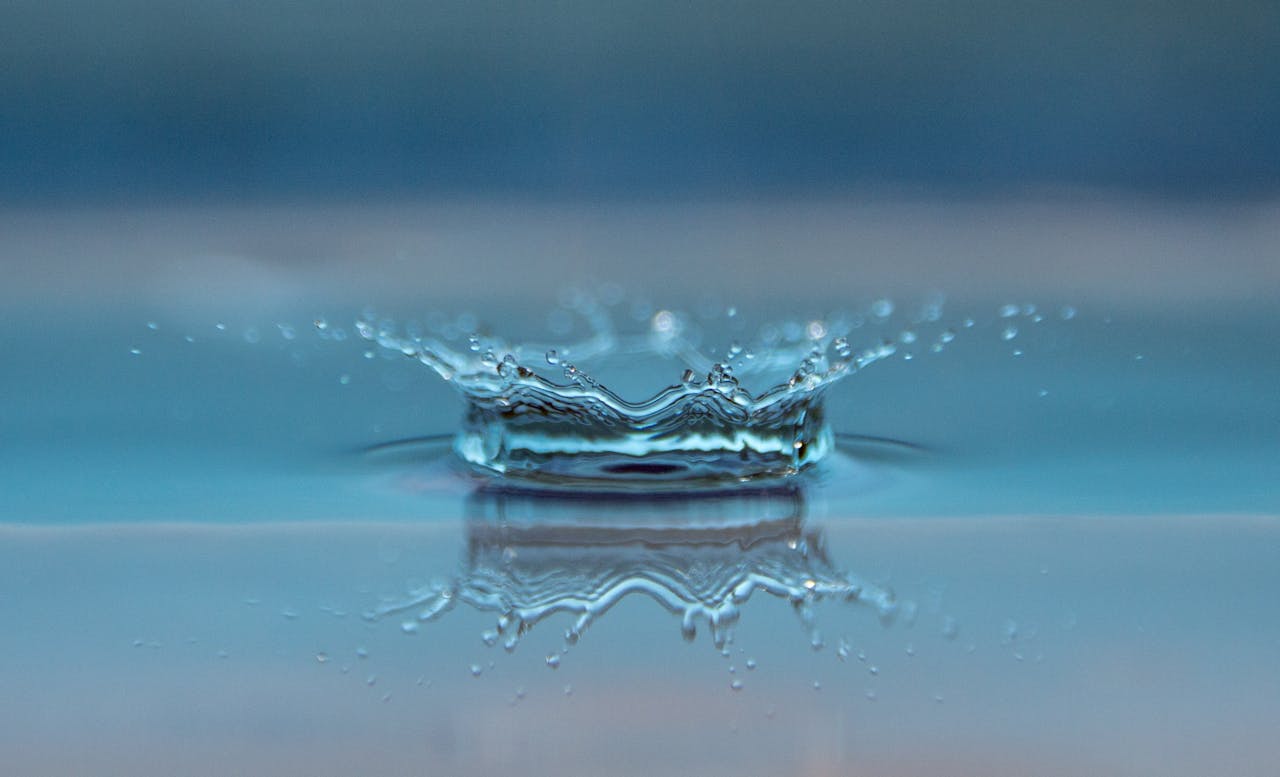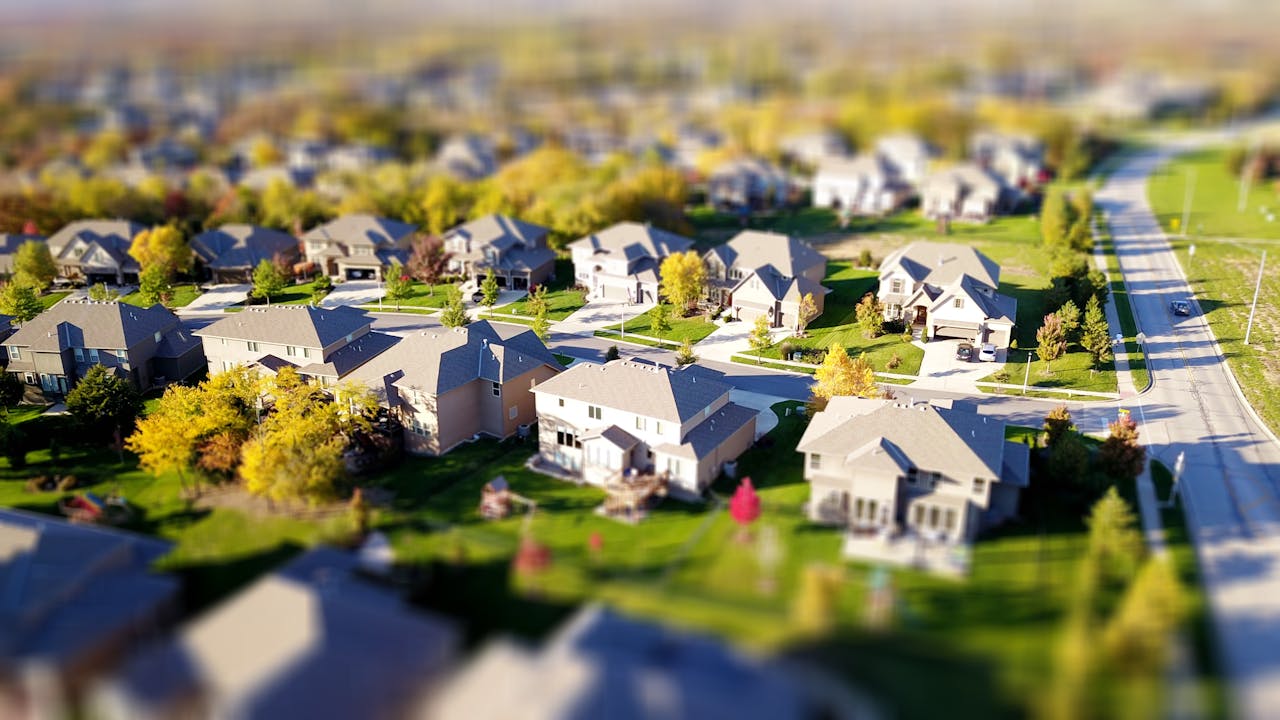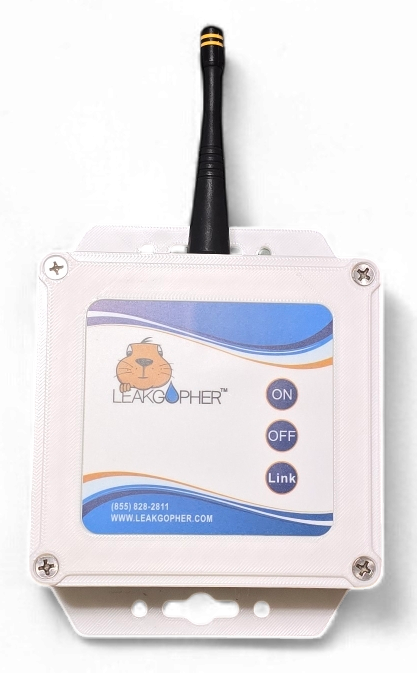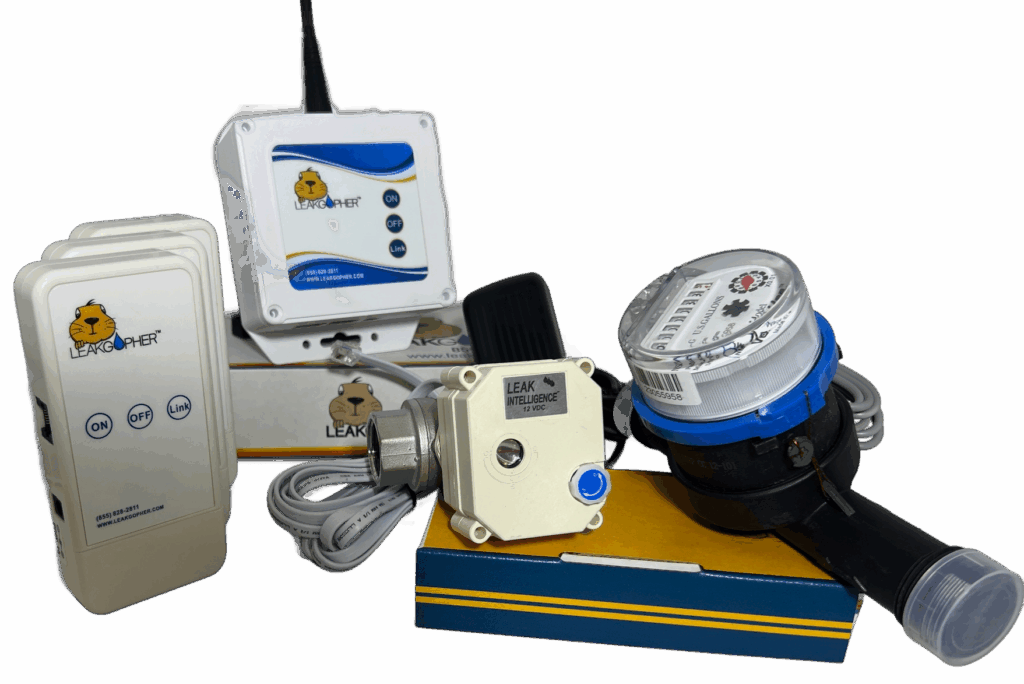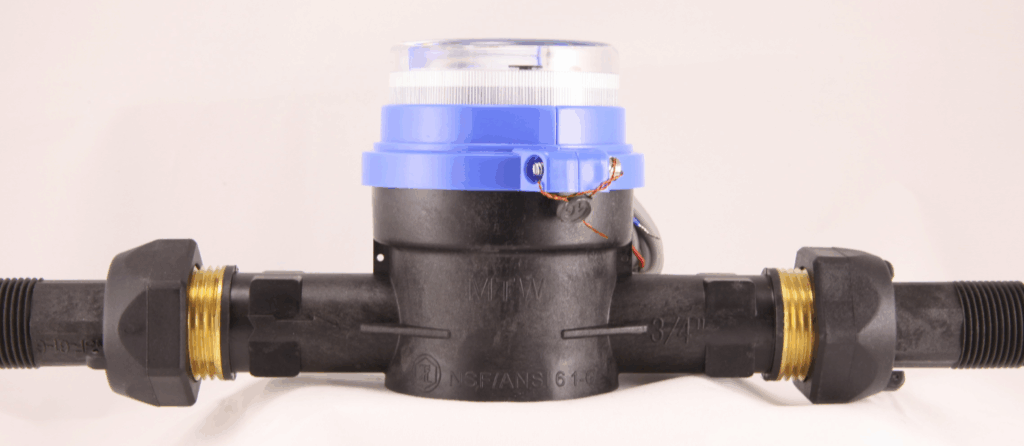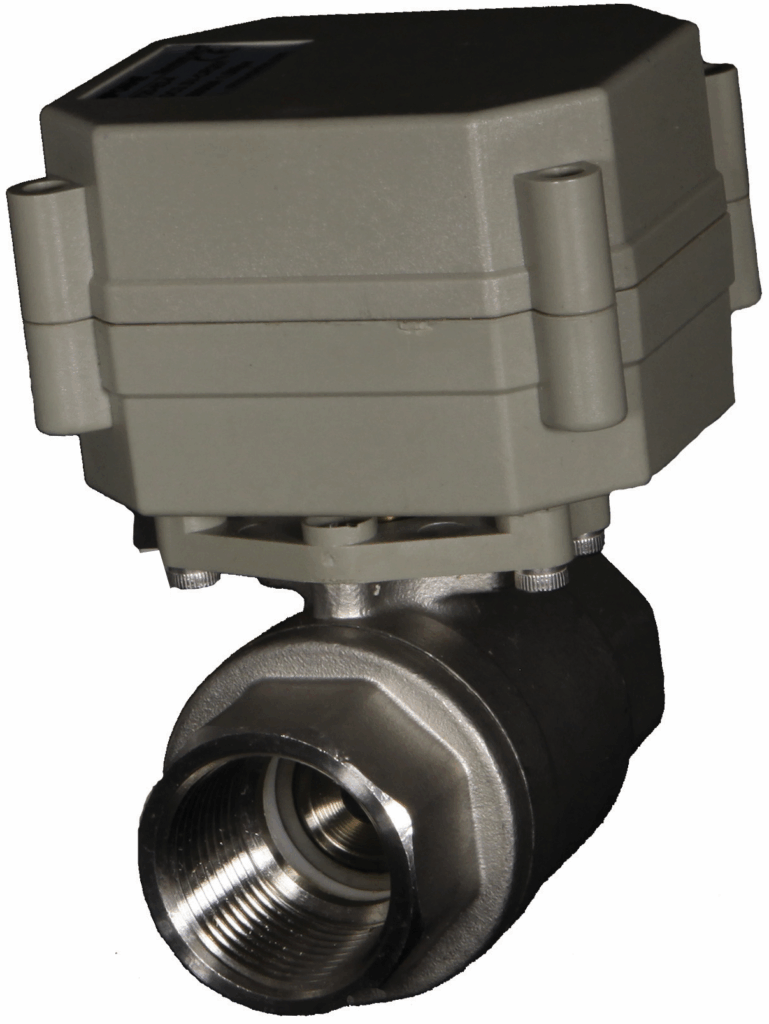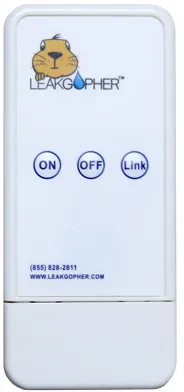Leaks can be a major headache for commercial property owners, leading to costly repairs, damage, and potential health hazards. Understanding where leaks are most likely to occur can help you take proactive steps to prevent them. Here are the top 10 most common places leaks occur in a commercial property, along with additional details and prevention tips:
1. Plumbing Fixtures:
- Faucets: Worn-out gaskets, seals, and valves can lead to leaks. Regular inspections and maintenance are essential.
- Toilets: Leaky toilets can waste a significant amount of water. Check for leaks around the base, tank, and flush valve.
- Sinks: Leaky faucets, drains, and pipes under sinks can cause water damage. Tighten loose connections and replace damaged components.
2. Pipes:
- Corrosion: Over time, pipes can corrode due to exposure to water, chemicals, and minerals. Regular inspections and maintenance can help prevent corrosion.
- Cracks: Pipes can crack due to pressure fluctuations, temperature changes, or physical damage. Replace damaged pipes promptly.
- Joint Failure: Leaky pipe joints can occur due to loose connections, worn-out gaskets, or corrosion. Tighten connections and replace damaged gaskets.
3. Roof Leaks:
- Cracks: Cracks in the roof can allow rainwater to seep into the building. Conduct regular roof inspections and repair cracks promptly.
- Damaged Shingles: Worn-out or damaged shingles can create openings for water to enter. Replace damaged shingles and inspect the roof for other signs of wear.
- Flashing: Improperly installed or damaged flashing around chimneys, vents, and skylights can lead to leaks. Ensure flashing is properly sealed and in good condition.
4. Water Heaters:
- Around the Tank: Leaky water heaters can cause significant damage if not addressed promptly. Check for leaks around the tank, connections, and pressure relief valve.
- Corrosion: Over time, the tank of a water heater can corrode, leading to leaks. Replace the water heater if it is showing signs of corrosion.
5. Sewer Lines:
- Broken or Damaged Pipes: Sewer lines can become damaged due to tree roots, shifting soil, or corrosion. Regular inspections and maintenance can help prevent sewer line problems.
- Backups: Sewer backups can occur due to blockages or leaks in the sewer line. Clean out drains regularly and address any signs of a backup promptly.
6. Underground Pipes:
- Shifting Soil: Underground pipes can become damaged due to shifting soil, especially after earthquakes or heavy rains.
- Tree Roots: Tree roots can penetrate pipes and cause leaks. Consider using root barriers or other methods to prevent tree root intrusion.
- Corrosion: Underground pipes can corrode due to exposure to minerals and chemicals in the soil. Regular inspections and maintenance can help prevent corrosion.
7. Irrigation Systems:
- Leaky Pipes: Leaky pipes in irrigation systems can waste water and cause damage to landscaping. Inspect the irrigation system regularly and repair any leaks promptly.
- Broken Sprinklers: Broken or misaligned sprinklers can lead to water waste and damage to property. Repair or replace damaged sprinklers.
8. HVAC Systems:
- Condensation Leaks: Condensation leaks can occur around HVAC units, especially during humid weather. Ensure proper drainage and ventilation around HVAC units.
- Clogged Drains: Clogged drains can cause condensation to back up and leak. Clean out drains regularly.
9. Fire Sprinkler Systems:
- Malfunctioning Heads: Malfunctioning or corroded sprinkler heads can lead to leaks. Inspect sprinkler systems regularly and replace damaged heads.
- Pipe Leaks: Leaks can occur in the pipes of fire sprinkler systems due to corrosion or damage. Repair leaks promptly to prevent water damage.
10. Foundation Leaks:
- Cracks: Cracks in the foundation can allow water to seep into the building. Repair cracks promptly to prevent water damage and structural problems.
- Improper Drainage: Poor drainage around the foundation can lead to water buildup and leaks. Ensure proper drainage around the building.
By being aware of these common leak points, you can help prevent costly damage and ensure the safety and functionality of your commercial property. The best protection is prevention. Schedule regular inspections and place your Leak Gopher sensors in your most vulnerable locations. When Leak Gopher detects a leak, it will automatically shut off you main water valve, preventing any water damage. Leak Gopher will also send you a notification via text or email letting you know there is a leak! Install Leak Gopher at your commercial property today and stop water damage tomorrow!

